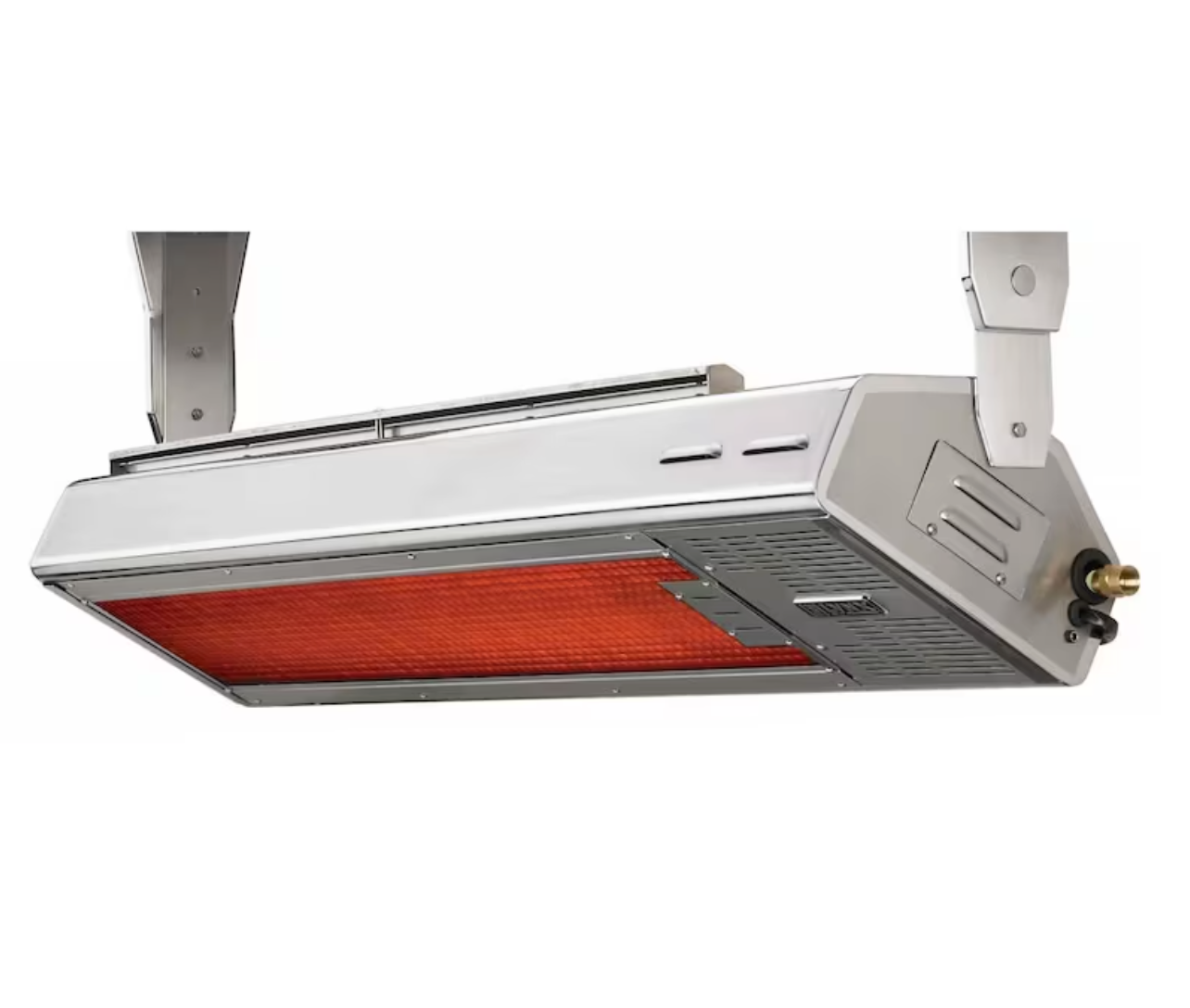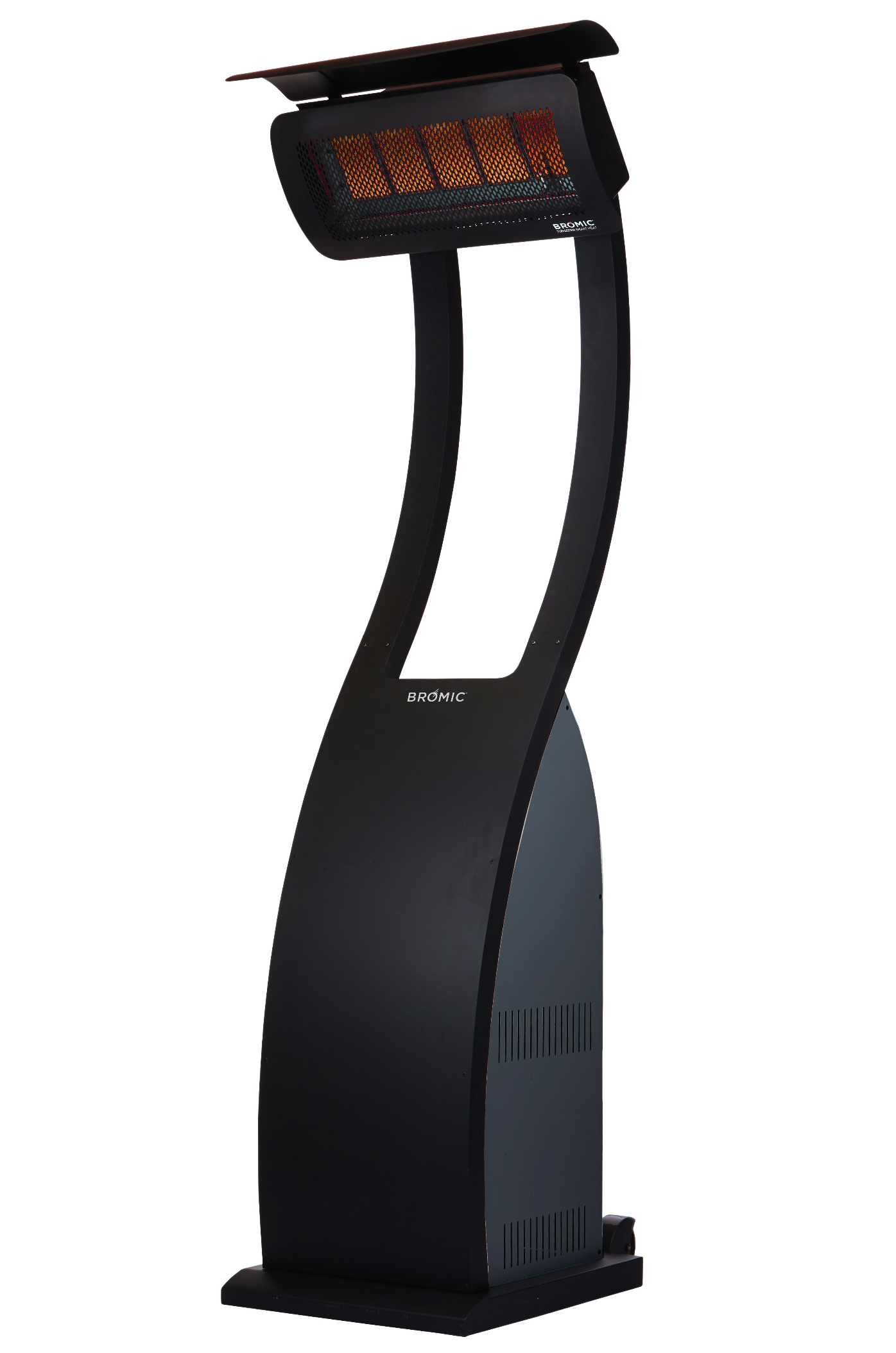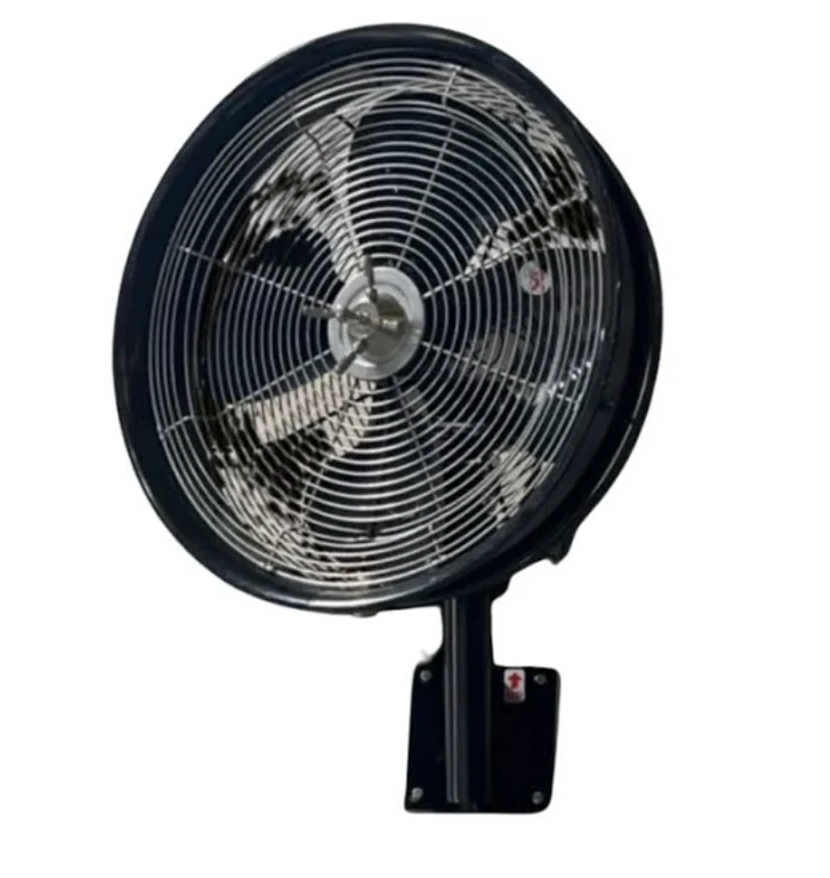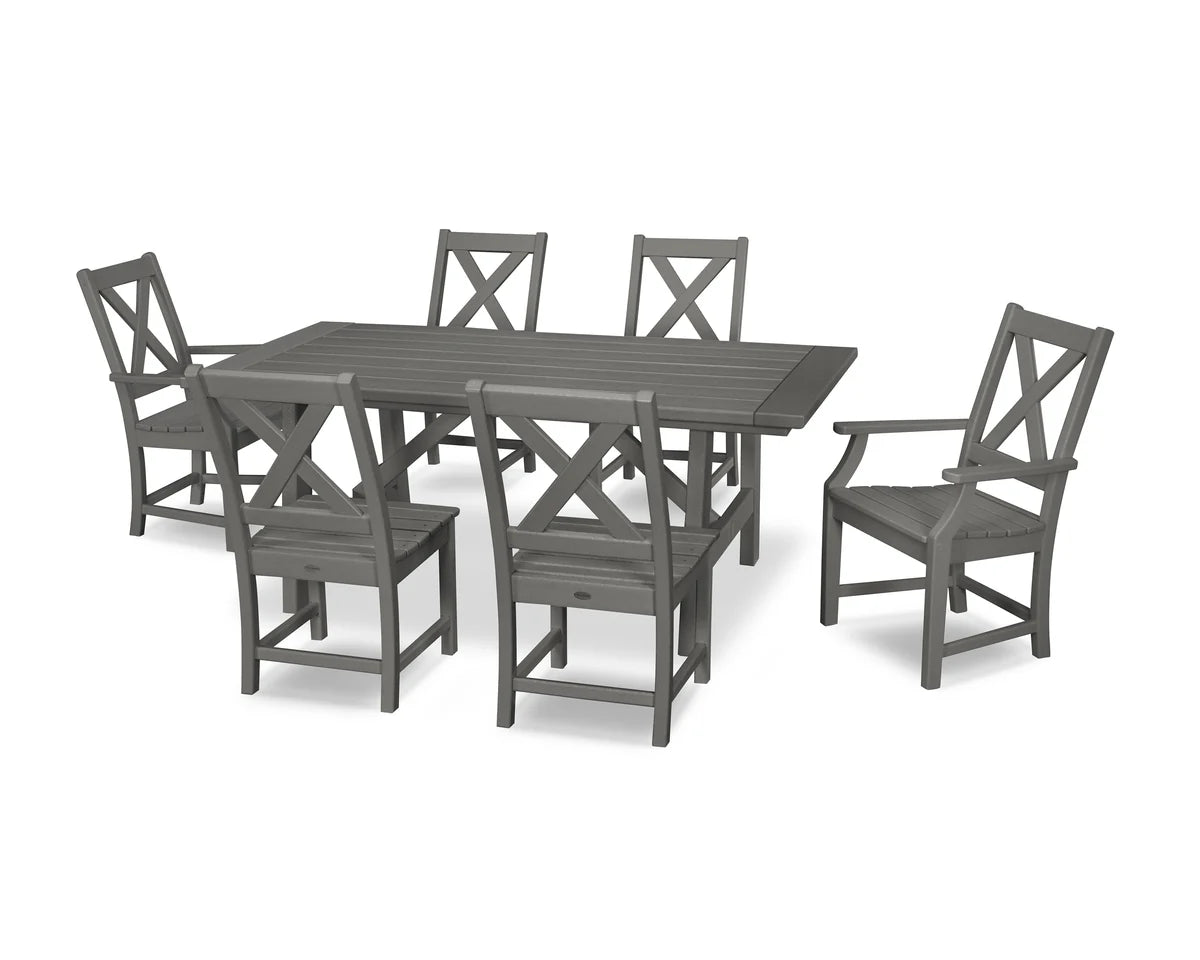Charcoal vs Gas Grills: the 5 Dimensions of Comparison
If you’re picking a grill and wondering whether you should go for a charcoal or a gas model - we know the struggle.
Both types of grills will do the job and cook great food. Moreover, when maintained properly, both gas and charcoal grills will serve you for years without issues.
However, there are things to consider while picking the right grill for your goals.
We’ll go over 5 major comparison points below – and hopefully help you make up your mind.
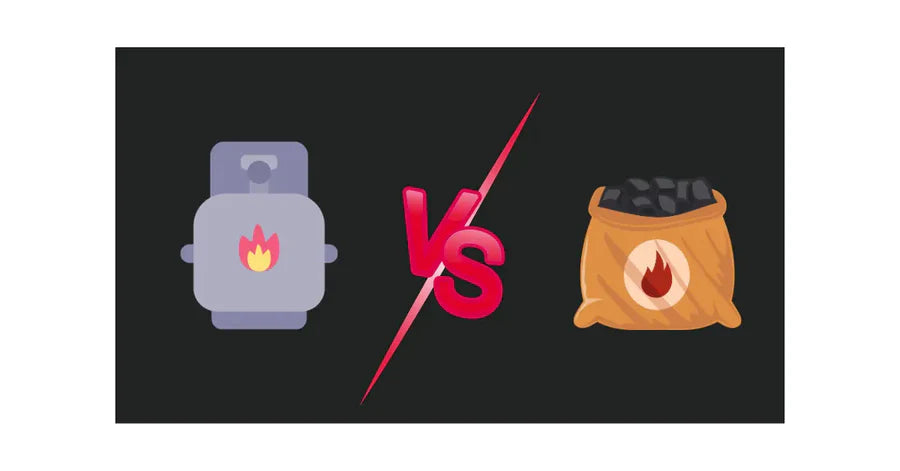
Gas Grill vs Charcoal Grill
1. Ease of use
There are pros and cons to both types of grills, depending on your preferences, budget, and lifestyle. Here are some factors to consider:
The general consensus is that gas grills are cleaner, more convenient, and easier to cook with. They heat up quickly, allow you to control the temperature precisely, and don't require frequent purchases of fuel.
Charcoal grills take longer to heat up, need more attention and skill, and produce messy ashes that need to be cleaned up. However, if you’re picking a grill for camping, a charcoal model will probably be easier to transport.
Because gas grills are easier to use, we usually install them as built-in grills in outdoor kitchens, and they work in synergy with all other appliances outdoors.
2. Flavor
This parameter is totally subjective, but most people agree that they can tell if the food has been cooked using gas vs charcoal.
For short-cooking, high-heat foods, like steaks, burgers, pork chops, fish, or vegetables, you won't be able to tell the difference between a gas grill and a charcoal grill, as long as they have the same heat output and cooking time.
However, for longer-cooking, lower-heat foods, like ribs, brisket, chicken, or turkey, you might be able to tell the difference based on the smoky flavor that charcoal grills impart to the food.
Charcoal grills provide that rich, smoky flavor that many people love in grilled food. When the drippings from your meat or vegetables fall on the hot coals, they turn into flavor-packed steam and smoke that goes right back into the food.
Gas grills can't match this effect, even with an attached smoker box. Charcoal grills also reach higher temperatures than gas grills, which can create a nice sear on your meat.
Charcoal grills produce more smoke and higher temperatures than gas grills, which can create a nice sear and a rich, smoky flavor on your meat.
Charcoal grills win this category for flavor.
So, if you are looking for more flavor and don't mind more work and attention, you might prefer a charcoal grill. If you are looking for more convenience and control and don't mind less flavor, you might prefer a gas grill.
3. Safety
Both types of grills are as safe as any other outdoor kitchen appliance if you follow the best practices.
Gas grills use propane or natural gas as fuel, so you need to make sure tanks are properly connected, valves are operational, and ignition works well.
When we install grills in outdoor kitchens we follow the manufacturer's checklist and make sure everything is done right.
Charcoal grills use solid fuel that burns slowly and steadily, so you always need to make sure they are extinguished completely and never left unattended.
Charcoal grills typically reach higher temperatures than gas grills. A grill has to reach a temperature of at least 600 degrees Fahrenheit to achieve a nice sear on your meat, and a kettle grill filled with red-hot charcoal can reach 700 degrees.
Both types of grills need to be placed away from any combustible materials and used with caution and supervision.
The same goes for the health safety of your foods, - as long as you follow the recipes and don't burn or overcook your meat, you can enjoy grilled meat without any issues.
4. Price
Charcoal grills are typically cheaper than gas grills, and you can get a basic model like the Weber Kettle for a little over $200.
Gas grills start at $1.4K for built-in grills to $20K for high-end freestanding grilling stations with drawers and smart features.
However, charcoal is a more expensive fuel and may cost more in the long run, since you need to load more charcoal each time you want to grill.
A medium-sized gas grill will use approximately one pound of gas per hour of burning. That means that a 20-pound gas tank will let you cook steak up to 40 times - or last for 15-20 larger and slower meals.
A 20-pound bag of charcoal, however, will be enough for 3 to 4 grilling sessions, depending on your grill size and shape.
Keep in mind that you can't just turn a charcoal grill on and off either - you need to light up the coals and let them burn out.
Charcoal grills may seem appealing for their upfront cost, but gas grills are more economical in the long run.
5. Ease of Maintenance
Maintenance is another factor to consider when choosing between gas and charcoal grills.
Both types of grills require some cleaning and care, but there are some differences in how much work they involve.
Gas Grill Maintenance
Easy clean-ups
Gas grills are generally easier to clean than charcoal grills because they don't produce messy piles of ash that need to be emptied and disposed of.
Most of the models only need a quick scrub with a brush or a scouring sponge to remove any grease or food residue from the grates and the burners.
Pro help ftw
Gas grills need to be regularly checked for pipes, valves, and ignition mechanism issues. We offer service packages to take care of that for you.
From our experience, a high-end gas grill model can serve you for years without any headaches without our installation and maintenance plans. We've been building outdoor kitchens in Austin and San Antonio for decades and know what it takes to set everything up the right way.
Plug & play
Checking and changing your gas tank is easy and straightforward, and again, you can get professional service to do that for you - there are many gas providers in Texas you can pick from.
Charcoal Grill Maintenance
DIY clean-ups
Charcoal grills, on the other hand, need to be emptied of their used ashes before they can be scrubbed, which can be a cumbersome and dirty process.
You don't have to scrub them after every session - but you'll have to do it eventually.
Little to go wrong
Charcoal grills have fewer parts and are simpler to maintain, as long as they are stored properly and protected from rust.
If you value simplicity and durability and don't mind a bit of DIY now and then, you might prefer a charcoal grill, as long as you don't mind dealing with the ashes and the soot.
Taking the Plunge with BBQ Outfitters
Choosing between gas and charcoal grills becomes easy once you define your preferences.
If you value convenience, speed, precision, and time - you might prefer a built-in or a free-standing gas grill.
If you value cost, tradition, flavor, and handiwork - you go for a built-in or a freestanding charcoal grill.
Either way, we've got a great selection of quality models of all types.
If you're still not sure - give us a call or drop by and ask for a consultation:
Austin: (512) 347-1988
Mon–Sat : 10a–6p
Sun : 11a–4p
San Antonio: (210) 437-2999
Mon–Sat : 10a–6p
Sun : 12–4p




